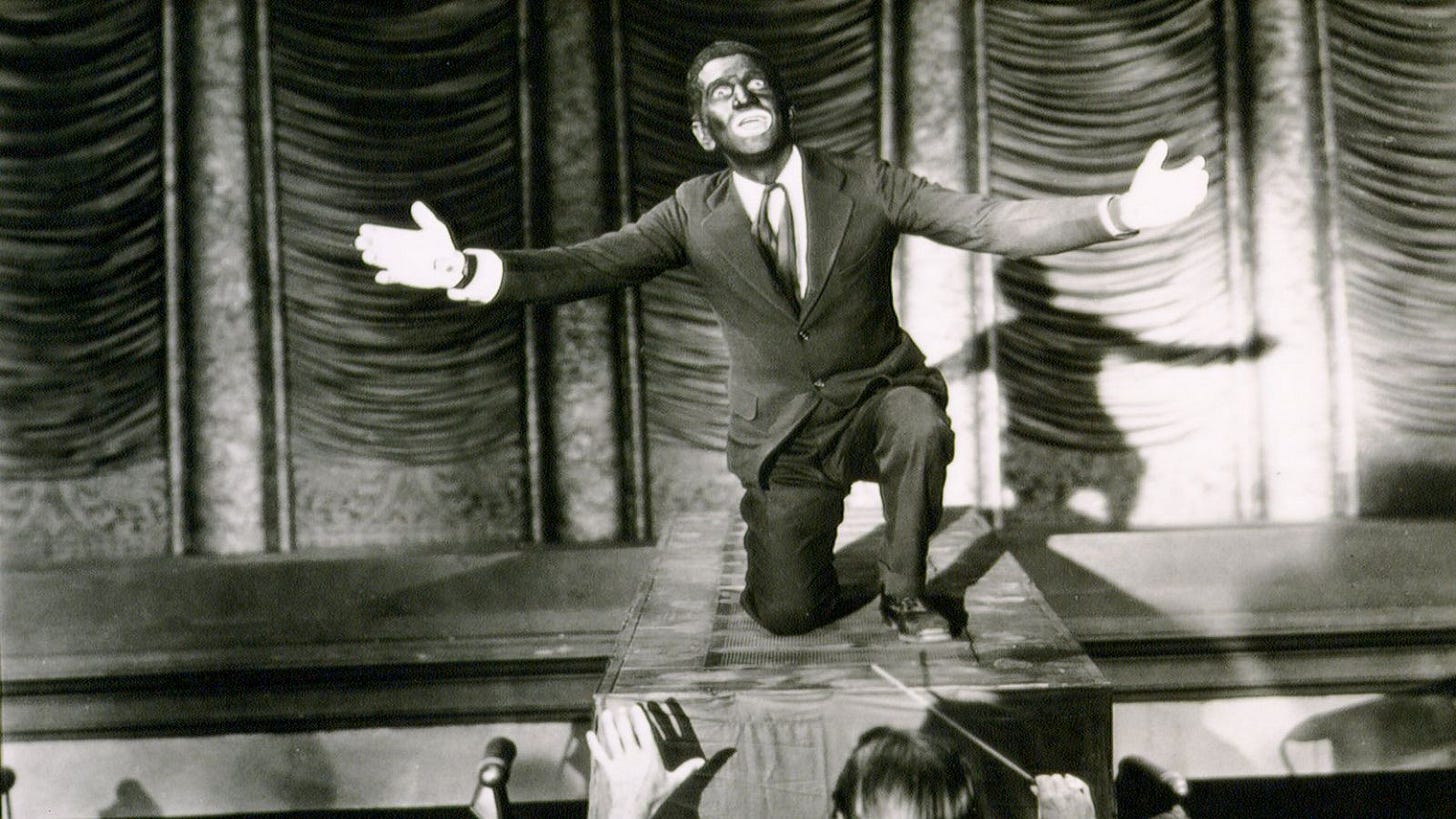THB #414: FOFU ™
I never met any of the old time studio moguls/owners. So I can’t say that they had Fear Of Fucking Up. But they were really not enormously adventurous, in terms of changing the industry. (Coming west was pretty ballsy.) They each had clearer personalities than we have seen from studios in recent decades and their studios reflected that. But their primary chosen path of change was, “more,” not “next.”
The historical model for progress in the film industry… even before television was a major consumer thing… was that some person or persons would develop an innovation and after poking around it and maybe spending a few bucks on it, the powers that be would let it sit, gathering dust.
And then, one or two of the big companies would get in financial trouble or see some outside threat to their financial health and use this new thing and BOOM!, it would be a sensation and the entire industry would follow because now they had to. (Or, in more cases than we think about… it would continue to sit or fail in the effort to bring it to wide commercial life.)
Sound. Color. And when television came along in a big way, variation in the projection experience, from Cinerama to Sensurround.
All of these formats were available long before they were rolled out. But no one wanted to fuck up. Why risk what you have when you don’t have to?
The 1970s-2000s - Growth Through The Expansion of Others
Since the 70s and for a long while, the major shifts in the industry have come in a different way.
In 1975, HBO was launched. It faced all kinds of pushback, including legal boundaries on how soon a movie could move to the service from theatrical and a lot of complaining about “dirty movies.” Even so, it wasn’t about the industry making a choice. It was about the opportunity created, then, by satellite.
In 1977, the first consumer videotape players landed in America. The battle between Betamax and VHS was engaged. But again, this was not a creation of studios looking to expand their revenues, but new technology that created opportunity for new revenue.
Movie budgets in this era were still relatively low. Star Wars had cost $11 million to make. Jaws, $9 million. Animal House cost $3 million. Superman changed a lot, with a $55 million budget in 1978. But even in the early 80s, one film with a $20 million budget could, essentially, shut down a studio (Heaven’s Gate, One From The Heart).
Keep reading with a 7-day free trial
Subscribe to The Hot Button by David Poland to keep reading this post and get 7 days of free access to the full post archives.



